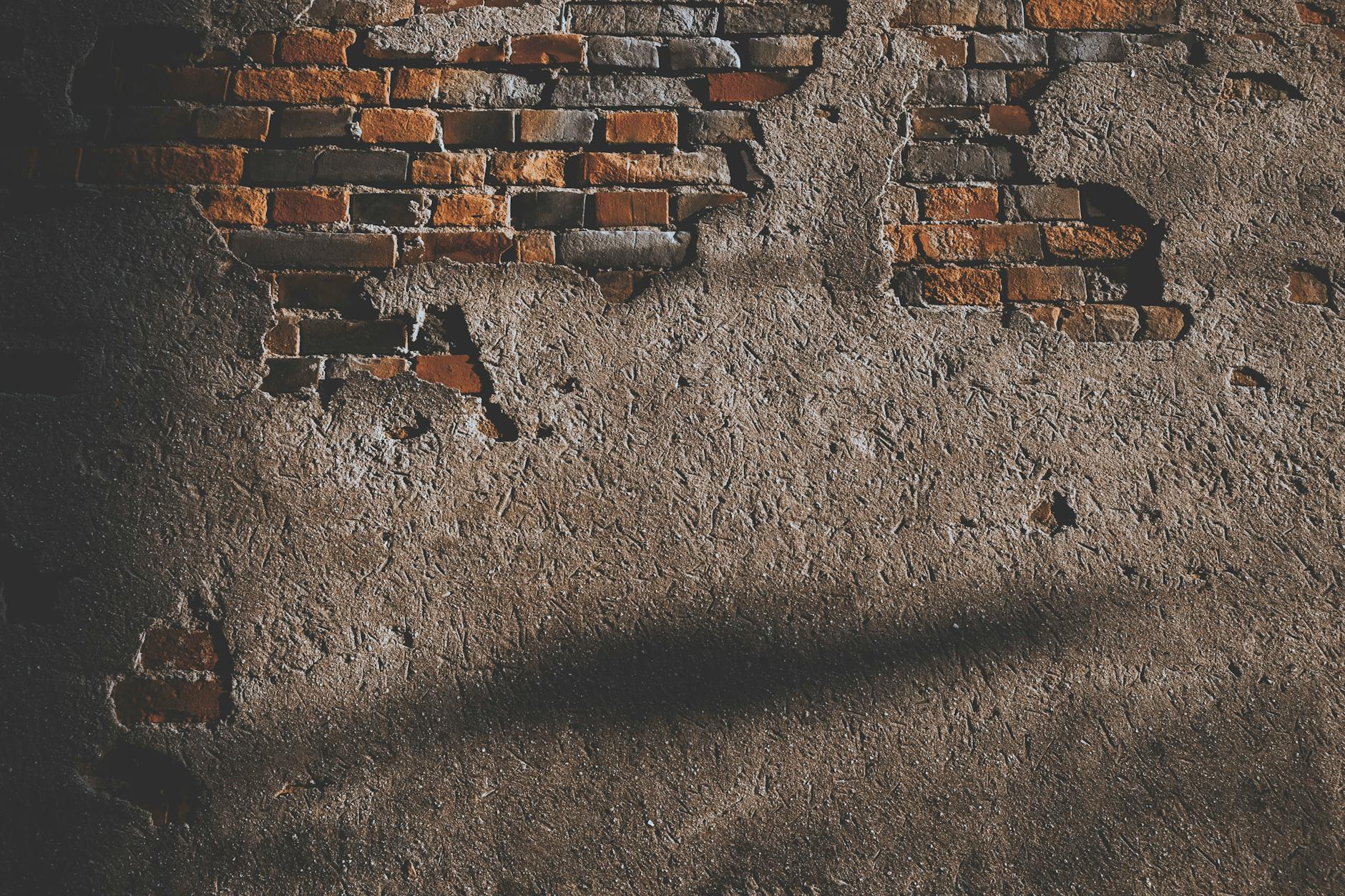When you own a home in Charleston, you learn quickly that small cracks or missing mortar can turn into major problems fast. Places with a lot of old buildings like ours see this all the time. You do not want to wait. Calling the right masonry contractors Charleston SC can save not just your walls, but also your wallet.
The right repair now can last decades. The wrong approach might cause more damage. That is not dramatic, that is just reality.
Spotting the Early Signs of Masonry Trouble
Most problems start small. Maybe a tiny crack runs along a brick wall, mortar looks crumbly, or the base of a chimney is stained. People often ignore these things until they get much worse.
Here are some early warning signs:
- Cracks along bricks or mortar lines
- Bulging or bowing walls
- White, powdery stains (efflorescence)
- Loose stones or bricks
- Mortar that flakes away when you touch it
- Moisture or mold inside, near walls
- Gaps where water leaks in after rain
It is easy to overlook these until a big storm hits and you have a real mess. I sometimes miss things myself, even when I know what I am looking for.
Why Masonry Repairs Matter in Charleston
Charleston’s weather is hard on brickwork. Humidity, salt air, rain, and even the occasional frost all take their toll. A minor leak now can easily become a rotted beam or foundation issue next year.
Masonry Charleston SC experts understand the unique challenges here. They know the best materials and methods to combat this climate. That is probably why Charleston Masonry Masters and similar companies stay busy.
Common Types of Masonry Repairs
Here’s what most homeowners need eventually:
| Type of Repair | Typical Cause |
|---|---|
| Tuckpointing | Mortar crumbling, water entry |
| Crack Repair | Settling, moisture, tree roots |
| Replacement of Bricks/Stones | Water damage, impact, spalling |
| Masonry Sealing | Prevent moisture entry, staining |
| Foundation Patching | Settlement, cracks, water intrusion |
| Chimney Repairs | Weather, animals, deterioration over time |
How to Choose a Repair Method
Not every crack needs a full rebuild. Sometimes, a simple tuckpointing job (removing and replacing old mortar) is enough. Other times, portions of the wall need rebuilding.
I often see people go for the cheapest fix, thinking it is smart. But quick patches sometimes trap moisture inside, making things worse later. It is usually smarter to spend a little more now for the right solution.
Matching Old Materials with New Ones
In Charleston, a lot of the buildings are historic. When you repair old brick or stone, it really matters to match the new materials closely. If not, new sections will stick out, or worse, won’t hold up well.
For example, the mortar used a century ago is not the same as modern mixes. A good Charleston masonry crew should test and match materials. If someone tells you “any mortar will work,” that just is not right for older homes.
The Role of Weather in Repair Timing
Humidity and rain can mess up freshly applied mortar or concrete. Repairs done in winter or during a heavy rainy season may take longer to set or cure. Sometimes projects need to be rescheduled, which can be frustrating but ends up protecting your investment.
I remember one project where the homeowner rushed a repair before a major storm, and it failed. They ended up paying double to fix it properly later.
Prevention Saves Money
The best way to avoid constant repairs is basic upkeep. Clean the gutters. Slope soil away from walls. Seal cracks right away. Check for signs of trouble every season, almost like a habit.
“An hour spent checking your home can save hundreds or even thousands in repairs. Waiting nearly always costs more.”
What About DIY Repairs?
Small cracks or discolored patches sometimes tempt handy people to fix the problem themselves. You can fill tiny cracks with masonry caulk or patch some mortar.
But for anything big , wide cracks, bulging walls, or water leaks , call an expert. I used to think I could fix anything, but after one project fell apart in the rain, I changed my mind.
Here are examples of when to call a pro like Charleston Masonry Masters LLC:
- Multiple cracks running along a whole wall
- Loose or missing bricks
- Chimney leaning or missing mortar
- Moisture, leaks, or inside mold
- Historic brick repairs
How to Work with a Contractor During Repairs
You do not need to supervise every move, but stay involved. They should tell you what they find and explain options. I like when they show photos as repairs progress.
Get an itemized quote up front. Make sure you understand what is and is not included. Sometimes, repairs uncover hidden problems , be ready to talk through solutions as needed.
Warranties and Follow-Up
Ask about warranties on repairs. Six months or a year is pretty common. Get something in writing. Good companies will check back after a big rain to see if the problem is truly fixed.
“Good masonry contractors in Charleston SC stand behind their work and do not disappear after they are paid.”
Finishing Thoughts
The main lesson? Fix small issues early and take time to hire the right masonry Charleston SC repair pros. Not every problem is urgent, but ignoring warning signs rarely works out. Trust proven local companies who know how to handle Charleston’s weather and historic homes. That keeps your house strong, your family safe, and your projects on budget for years to come.













